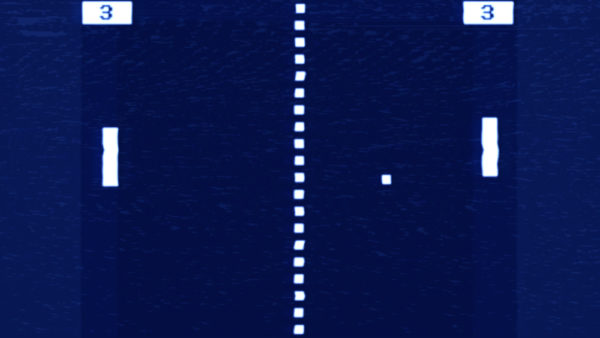
A synthetic minibrain made out of human and mouse neurons has successfully learned to play the video game “Pong” after researchers hooked it up to a computer-controlled electrode array. It is the first time that brain cells isolated from an organism have completed a task like this, suggesting that such learning ability is not limited to fully intact brains locked inside animals’ skulls.
In the new study, researchers grew a synthetic neuron network on top of rows of electrodes housed inside a tiny container, which they called DishBrain. A computer program sent electrical signals that activated specific regions of neurons. These signals told the neurons to “play” the retro video game “Pong,” which involves hitting a moving dot, or “ball”, with a small line, or “paddle,” in 2D. The researcher’s computer program then channeled performance data back to the neurons via electrical signals, which informed the cells of whether they had hit or missed the ball.
The researchers found that, within just five minutes, the neurons had already started altering the way they moved the paddle to increase how often they hit the ball. This is the first time that a man-made biological neural network has been taught to independently complete a goal-oriented task, the researchers wrote in a new paper published Oct. 12 in the journal Neuron (opens in new tab).
“Writer Fuel” is a series of cool real-world stories that might inspire your little writer heart. Check out our Writer Fuel page on the LimFic blog for more inspiration.

